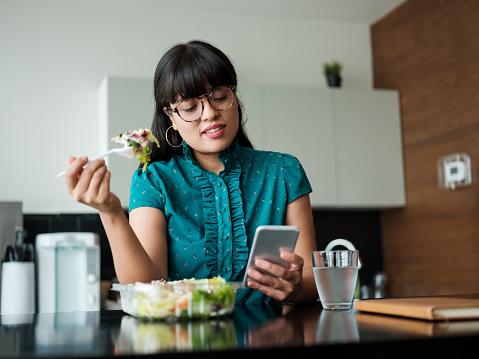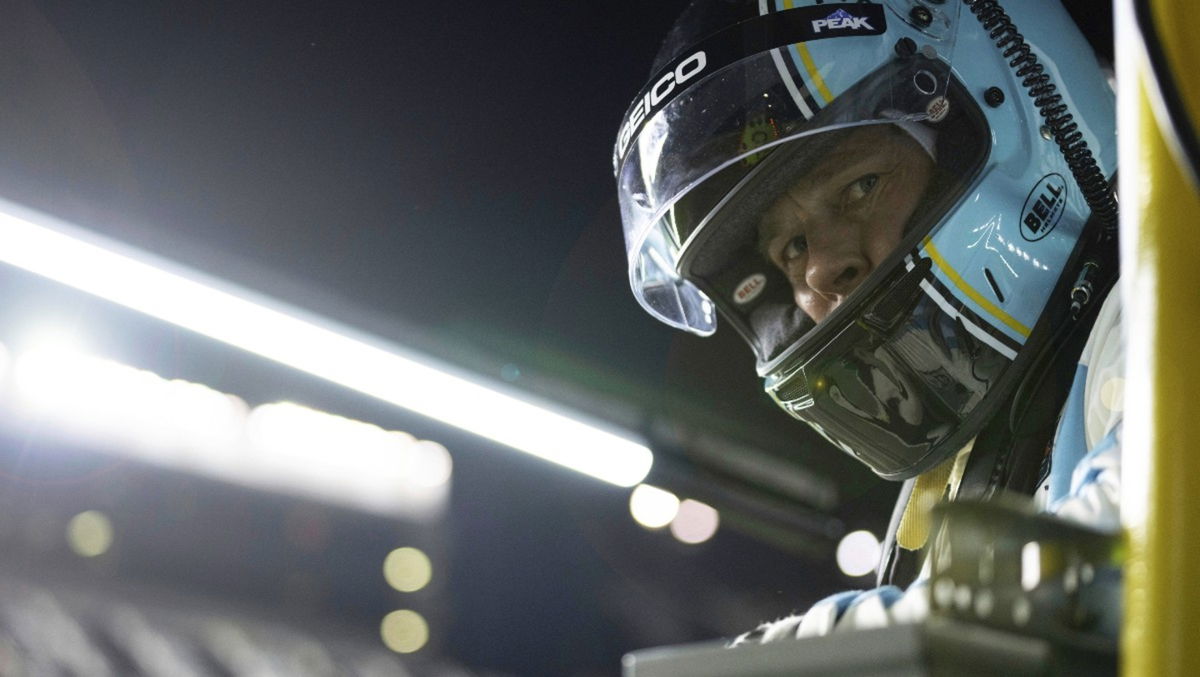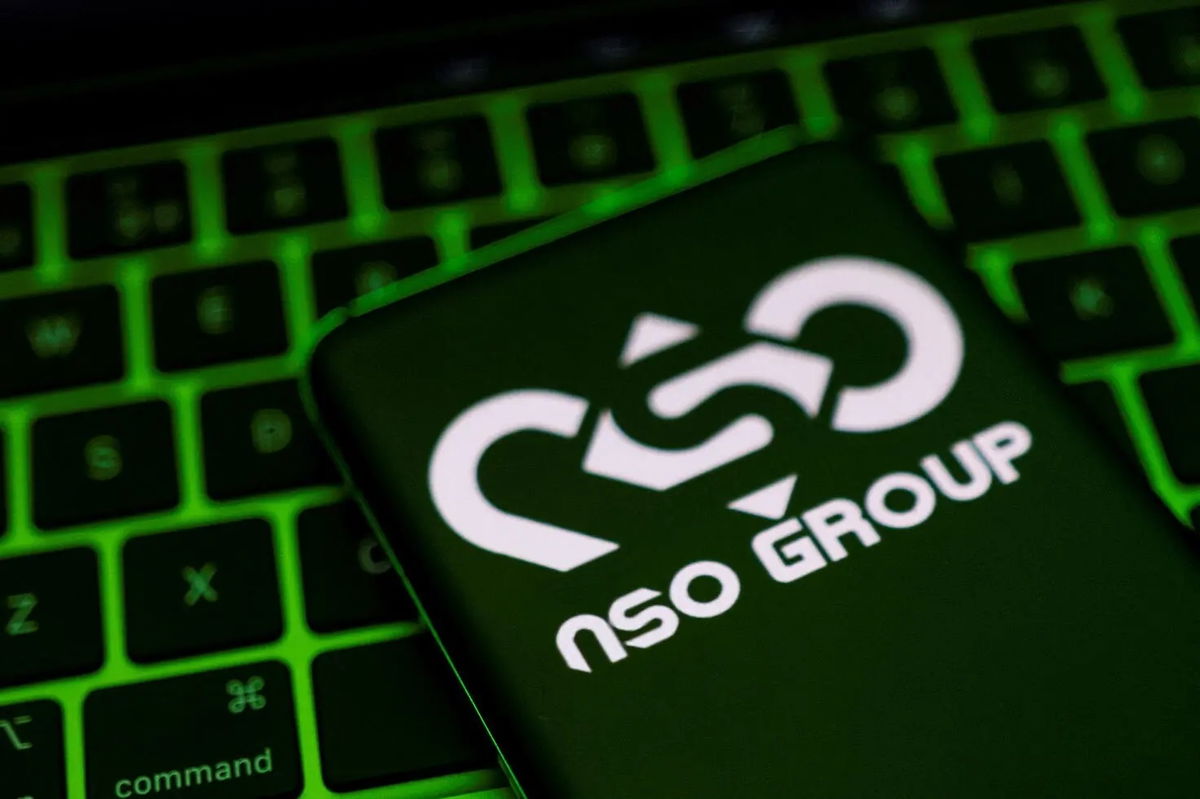Smartphones and tablets have already become an integral part of many people’s lives. Devices for viewing emails and social networks are always nearby. However, for some people, they become addicted to these devices because they cannot disconnect them.
When we look at Brazil, this scenario is even more serious. According to a study published by Meltwater and We Are Social, In 2022, Brazilians stayed connected for an average of 572 minutes per day (9 hours 32 minutes).
These figures put us six minutes behind the South Africans, who are ahead in the connectivity race, with an average of 578 minutes per day (9 hours 38 minutes) in the virtual universe.
With so much time spent in front of screens, considering a digital detox might be a good option. Follow to learn more on the subject!
Why do digital detox?
In a society that is increasingly dependent on technological tools, the so-called digital detox, that is, taking a break from screens, social networks and video conferences for a while, is a challenging process.
Those who decide to follow this path may see improvements such as:
- reducing anxiety caused by overconnection;
- improves mood;
- improved concentration;
- It improves sleep patterns.
In addition to reducing stress symptoms such as irritability, distraction, and fatigue, it is also possible to mention that productivity and organization of daily routines increase.
How to implement digital detox?
Now that you know what a digital detox is, check out some important steps below to implement it:
1 – Set realistic goals
It is possible to disconnect for a moment each day, such as one hour after waking up or two hours before bedtime. Another possibility is to extend the digital detox, such as dedicating one day a week to not accessing social media.
To prevent gaps from opening, It would be a good idea to tell your closest people that you will not be available during this period. and that if it is really urgent they should call. Choose the one that is easiest to incorporate into your routine and build habits by gradually increasing it.
2 – Leave your mobile phone aside in your daily moments

Excessive use of the internet and digital tools can actually disrupt connections. For example, while eating, put your smartphone aside to better enjoy the moment and togetherness.
Try to pay attention to the person without touching the device frequently during the visit. Even while you’re in the bathroom, replace your cell phone with a book or social media with an e-book.
3 – Implement new activities
Invest in enjoyable tasks that replace mobile phone and internet use during detox, and add new activities to your routine. Exercise, meditation, painting, gardening, walking or running outdoors are some of the options you can choose.
Bringing your family or friends together to watch a movie, chat or cook a meal is also a good option. In addition to helping strengthen bonds, it also contributes to the formation of memories and improved physical and mental health.
4. Disable notifications

One of the biggest problems of mobile device users is the desire to pick up their mobile phones every time they hear a notification sound. Therefore, if you are doing a digital detox, this is a detail that cannot be ignored.
With this in mind, it’s worth turning off notification alerts as soon as possible to reduce distraction levels. As a bonus, this helps improve concentration and increase productivity.
5. Create technology-free environments
Finally, another important tip during the digital detox process: to create Some parts of the house where technology will not enter.
For example, you can consider the kitchen and balcony as areas where mobile phones or tablets are not welcome. As a result, these spaces can be a haven from distractions or even a zone designed to interact with friends and family without the use of a screen.
So, have you ever needed a digital detox? What did you think of the experience? Share your opinion with other readers TecMundo We use our social networks.
Source: Tec Mundo
I am a passionate and hardworking journalist with an eye for detail. I specialize in the field of news reporting, and have been writing for Gadget Onus, a renowned online news site, since 2019. As the author of their Hot News section, I’m proud to be at the forefront of today’s headlines and current affairs.













